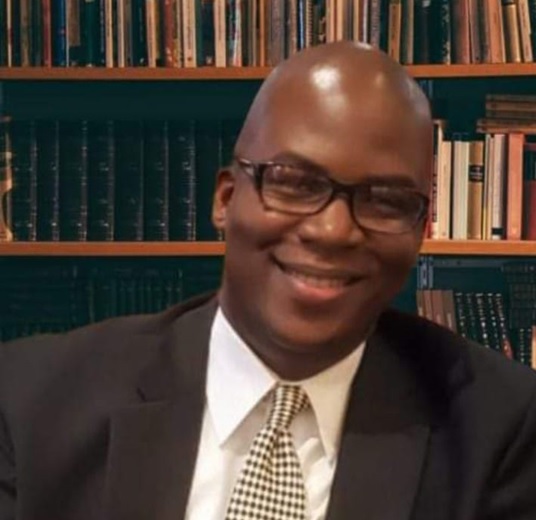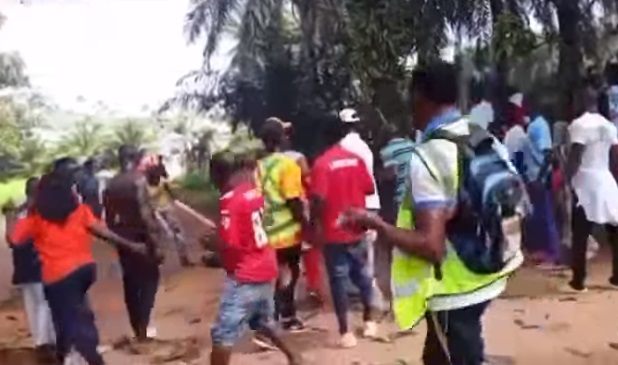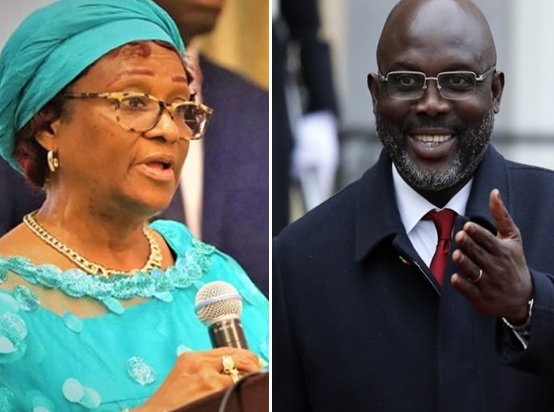By Al Smith
The concept of security in modern society involves a vast range of challenges and complications, going much beyond conventional ideas of military defense. The most pressing issue in this regard is citizen insecurity, a complex problem that cuts over geographical lines and has an impact on people in their own communities. This paper examines the complex issues surrounding citizen insecurity, seeking to offer an in-depth definition and comprehensive examination of its effects and root causes. This study intends to shed light on the various elements that contribute to this occurrence and investigate its wider ramifications by concentrating on two Latin American countries, Mexico and Venezuela. Furthermore, The analysis also looks into the historical and geopolitical elements that have profoundly shaped the Latin American region, defining security parameters and affecting national policies and approaches to the problems associated with citizen insecurity. The research seeks to provide a deeper understanding of the multifaceted nature of citizen insecurity and the critical importance of addressing it in the contemporary world.
Citizen insecurity can be aptly described as the prevailing sentiment of fear, vulnerability, and the absence of safety experienced by individuals within a society. The potential risks of economic, political, and social instability are significant factors in shaping citizen insecurity. These risks also include the threat of crime and violence. One notable scholar, Guillermo O’Donnell, has contended that citizen insecurity in Latin America can be attributed to democratic deficits and weak institutions. According to his perspective, the transition to democracy in the region did not necessarily translate into improved security conditions, primarily due to the failure to address underlying social and economic inequalities. Weak governance and ineffective law enforcement have allowed criminal organizations to thrive, thereby exacerbating citizen insecurity.
Shifting the focus to Mexico, a vivid illustration of citizen insecurity emerges. Drug cartels and organized crime primarily contribute to the startling increase in crime rates across the nation. These criminal organizations operate in a wide range of violent actions, including kidnapping and drug trafficking, establishing a widespread sense of insecurity among the Mexican people. Mexico’s historical legacy, including its colonial history and a turbulent past marked by wars and political instability, has cast a long shadow. Economic instability is another critical factor contributing to citizen insecurity in Mexico. Issues such as income inequality, poverty, and unemployment persistently plague the nation. Such economic challenges create fertile ground for criminal enterprises to recruit individuals grappling with desperation, perpetuating the cycle of insecurity. Historical factors, including Mexico’s colonial history and a tumultuous past marked by wars and political instability, have left a lasting legacy of social inequality and widespread mistrust in government institutions. These historical grievances significantly contribute to a fractured society where citizens harbor deep suspicions toward authorities, often resorting to self-help mechanisms for protection.
Venezuela serves as another significant case study of citizen insecurity within the Latin American context. In recent years, the country has struggled with serious economic and political turmoil characterized by hyperinflation, tumultuous politics, and severe shortages of basic necessities. Geopolitical reasons have significantly contributed to the rise in citizen insecurity in Venezuela. The nation’s strategic significance as an oil-rich country has garnered international attention and intervention. The imposition of sanctions by foreign powers and external interventions has further heightened the economic crisis, ultimately contributing to the prevailing sense of insecurity experienced by the Venezuelan populace. Moreover, social unrest within Venezuela has compounded citizen insecurity. The frequent protests against the government escalate into violent confrontations with security forces. Citizens live in fear of being caught in the crossfire between demonstrators and authorities as a result of the prolonged turmoil, which creates an environment of insecurity.
The concept of security in Latin America is intricately layered and multifaceted. Historical and geopolitical factors have contributed to significant disparities among Latin American nations, profoundly influencing the region’s understanding of security. Across its history, Latin America has borne the indelible marks of colonization, wars, and enduring political instability. These historical experiences have left behind a legacy characterized by social inequality and profound mistrust in governmental institutions across many nations within the region. Consequently, these historical foundations significantly shape the way citizens view security and their willingness to place their trust in state authorities. Additionally, geopolitical factors have played a central role in delineating divisions within Latin America. The region’s diverse resources and strategic significance have lured external powers into the fray, leading to interventions and interference. For instance, the United States’ historical involvement in Central America and the Caribbean has substantially shaped the political landscape and security dynamics in these regions.
In summary, citizen insecurity is a complex issue in Latin America. The concept of citizen insecurity, characterized by a prevailing sense of fear, vulnerability, and a lack of safety among individuals within a society, represents a significant concern in numerous Latin American nations. It encompasses a broad spectrum of factors, ranging from crime and violence to economic instability and political turmoil, collectively contributing to an overarching feeling of insecurity among citizens. Through an in-depth examination of two Latin American countries, Mexico and Venezuela, it is clear that citizen insecurity manifests in real-world contexts. Mexico’s challenges with high crime rates, driven by drug cartels and economic disparities, highlight the daily risks faced by its population. Geopolitical factors and social instability have contributed to Venezuela’s severe political and economic crises, resulting in the altered well-being and security of the citizens.
Furthermore, disparities within Latin America and the perception of security in the region are greatly influenced by historical and geopolitical causes. The historical legacy of colonization, wars, and political instability has left deep-seated inequalities and mistrust in government institutions across many nations. Geopolitical interests, such as the strategic significance of natural resources, have attracted external powers and interventions, further complicating the security landscape. Addressing citizen insecurity in Latin America necessitates a comprehensive approach that considers both traditional and human security concerns. It must acknowledge the unique historical and geopolitical contexts of individual nations. Latin American nations must collaborate to combat transnational criminal organizations and mitigate the impact of external interventions. By fostering regional unity and solidarity, the region can better address the intricate security issues that affect its citizens.
In conclusion, the concept of citizen insecurity in Latin America is deeply intertwined with historical legacies and geopolitical factors. By acknowledging these complexities and working collaboratively, Latin American nations can aspire to create safer, more secure environments for their citizens, ultimately enhancing the quality of life for millions across the region.
About the Author

Al Smith is a Criminal Justice, Homeland Security, and Counter-Terrorism Expert. He is a candidate, for a Master of Arts in International Relations, and Global Security with a concentration in Conflict Resolutions at American Military University, He earned a Master of Science in Criminal Justice with concentration in Homeland Security from Colorado Technical University. He also holds a Bachelor of Science in Criminal Justice with a concentration in Homeland Security Emergency Management from Strayer University and an Associate Degree in Criminal Justice from Everest College. He has been certificated by the United States Department of Defense and other Agencies, He has been deployed twice with the Northern Alliance Treaty Organization (NATO) SecurityMission, US Department of Defense.







